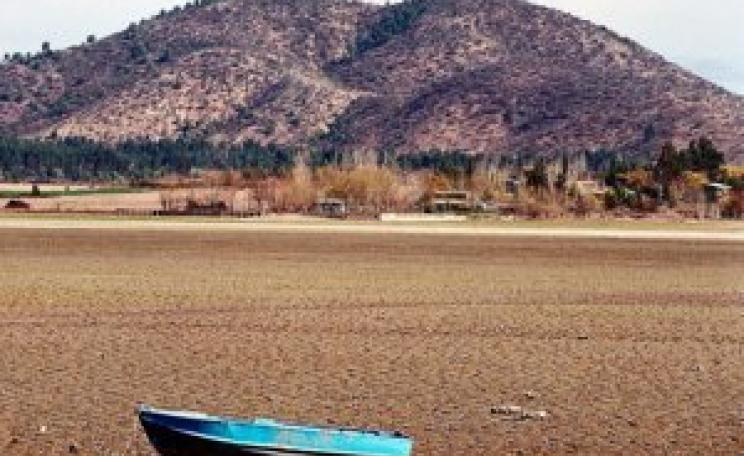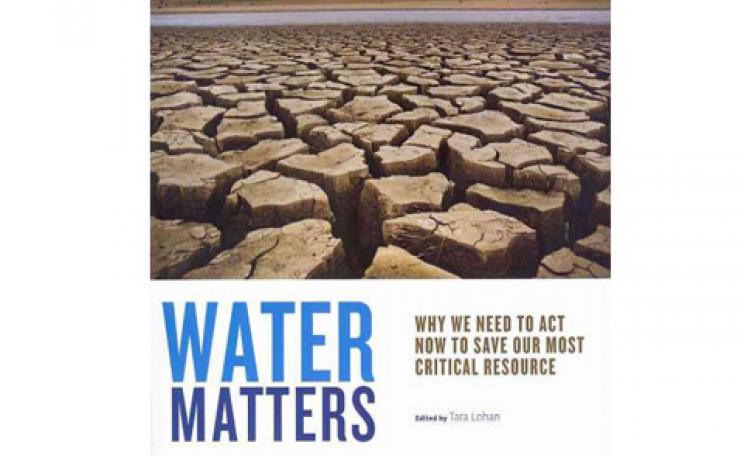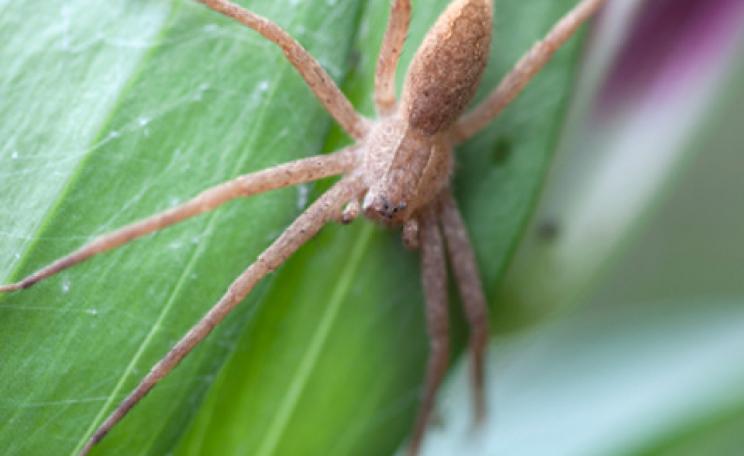So shadow chancellor Oliver Letwin has looked at the environmental empire known as the Department for Environment, Food and Rural Affairs (Defra), and he is not best pleased. ‘I can save nearly half a billion pounds,’ he announces. ‘Many jobs will go.’ Well, it might all be pretty moot, as Labour probably has at least one more victory to draw from its shamanic pouch of power.
Nonetheless, there’s one aspect of his plan that needs a second look. Among the thousand-jobs-to-be-cut-heres, and advertising-budget-to-be-cut-theres, sits an intriguing statement: remove the Sea Fisheries Inspectorate (SFI) from Defra’s core activities. The SFI has the following brief: enforcement of UK and European legislation on sea fisheries, fish marketing, and the marine environment in England and Wales.
The day after Letwin made his announcement, the marine environment suddenly came under the spotlight in an extraordinary way: the seabirds of Shetland and Orkney, reported the RSPB, are in deep trouble. Although ‘deep trouble’ can often mean something like a 20 per cent population decline, this was different. Around 170,000 pairs of guillemot breed on Shetland each year, along with 24,000 arctic terns, 6,000 great skuas and many other types of seabird. The 2004 breeding season is over, and the success rate this year is shocking: it’s non-existent; complete failure, unprecedented in recorded times. The results from Orkney are coming in, too, and appear to be almost as catastrophic.
The reason, most believe, is climate change. As the seawater warms, so plankton, that building block of marine food chains, is moving further north. The sand eels that eat plankton are either following it, or failing to feed themselves, giving the birds, who are capable of flying further north, but not when they’ve got hungry chicks to feed, little to use to raise families. The potential long-term consequences of this disruption of the food chain are huge, and not just for the birds. Bigger fish feed on smaller fish, so other marine animals could well have difficult if not impossible times ahead, and the fishing industry is also facing dire trouble. The SFI will have its work cut out.
Assuming that the climate change theory is correct, then this is the first real indicator that our lives are about to change quickly and dramatically if we don’t act now. Wind farms are part of the potential solution, although they’re beset by problems of distaste and location, while more investment and testing of wave power is rapidly required. Now, Defra has responsibility for enforcing the regulation and licensing of structures in the sea; structures such as wind or wave farms. And guess which arm of Defra oversees this task? Step forward the SFI.
Clearly, the marine environment is at the hub of the next stage of environmental concern. Yet all we’re hearing so far from the shadow chancellor is that savings can be made by restructuring an over-stretched body like the SFI. It’s pathetic. Whether your name is Letwin or Brown, now is the time to be investing heavily in greater research, understanding, and thoughtful usage of our offshore world. Otherwise we’re all sunk.
Malcolm Tait’s new book The Wildlife Companion is published by Robson Books.
This article first appeared in the Ecologist September 2004







